We kindly inform you that, as long as the subject affiliation of our 300.000+ articles is in progress, you might get unsufficient or no results on your third level or second level search. In this case, please broaden your search criteria.
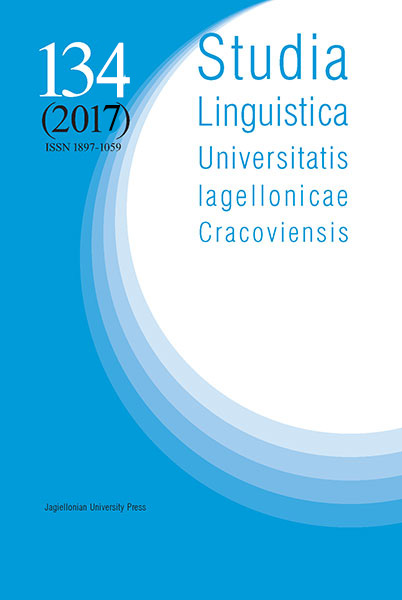
Stanisław Stachowski wrote a series of articles devoted to studies on the New Persian loanwords in Ottoman-Turkish, which were published in Folia Orientalia in the 1970s and later republished in 1998 as a single volume. Since then, however, a good number of editions of new Ottoman texts have appeared, especially transcription texts dating from before Meninski’s Thesaurus (1680), which provide much new lexical material. Within this material there are many Persianisms – predictably enough where Ottoman-Turkish is concerned. This paper aims to supplement Stachowski’s work with words of Persian origin taken from pre-Meninski transcription texts. It is divided into two parts, the first including data to be added to entries already recorded by Stachowski (eight articles), the second containing data that constitute new entries (three articles). A short historical-etymological note on the words dealt with also features at the end of each entry.
More...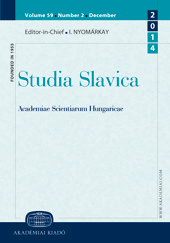
The cooperation of various disciplines and theories is supposed to be used in most cases in cognitive research. In this study, the author aspires to separate the essential and the accessory (the coalescence and the compound) meanings. A differentiation of the essential meaning is made in the starting, finitive, delimitative, and resultative meanings. The analysis made it possible to separate the external and internal meanings.
More...
The paper discusses articulatory diversity of the /r/ sound in present-day German. Both consonantal and vocalic values of the rhotic are discussed. The choice between the consonantal and the vocalic forms is motivated by distribution. The most common consonantal forms are the uvular trill and the uvular fricative. However, their pronunciation is idiophonic.
More...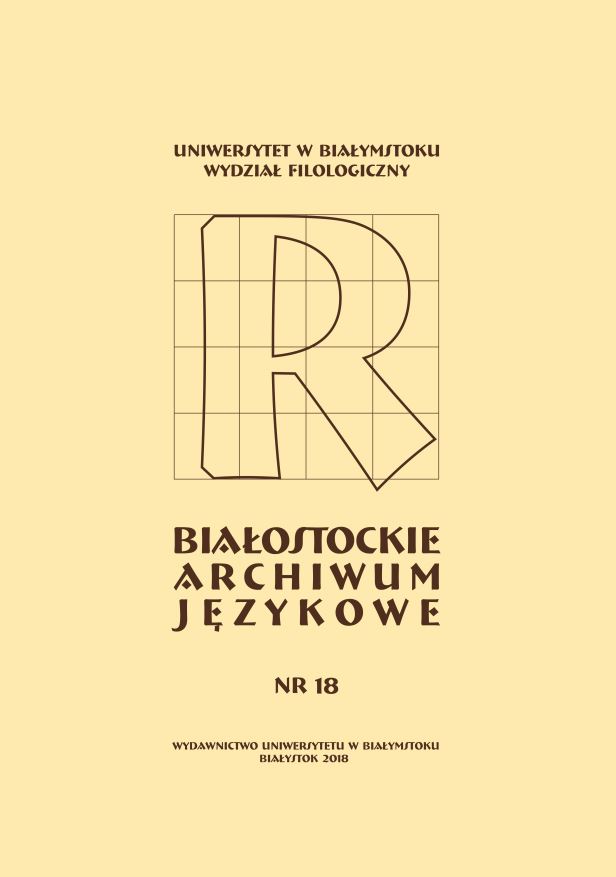
The most important aim of this paper was to collect evaluative vocabulary used on the internet, on the assumption that such lexis is a constitutive characteristic of the internet variety of contemporary Polish. Therefore, the dictionary of terms collected by the author constitutes the major part of this work. It contains neologisms, colloquialisms, expressive terms and insults. The material was excerpted from two hundred comments posted on the internet portal Onet.pl. The comments refer to the articles concerning politics, celebrities and the controversial events which took place in Poland in September 2016. Many of the terms identified in the analysed comments are not recorded in contemporary lexicographic sources (e.g. Kim Dzong Khaczka and fapredaktorek). Their meanings can only be decoded with reference to the context in which they were used.
More...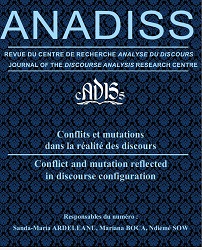
The objective of this article is to demonstrate that the premonitory speeches of great 20th century authors like Ferdinand Céline are still current. The world is upset by conflicts of all kinds. No continent is spared as if man has definitively given up his humanism. He is becoming more and more fierce and makes uses a discourse fed by stereotypes and prejudices. We then witness what Celine calls “the great imbecility of humanity”. Community life has become utopian. Conflicts build and destroy identity and introduce otherness. Daily vocabulary is fed by new words such as terrorism, weapons of mass destruction, jihadists, and so on. To better understand the meaning of this otherness, we will attempt to analyze the conflictual or conciliatory discourses of certain leaders of the world that may be called "the great powers". Words thus generate evils. What meanings should be given to speeches? The work of the linguist will be to detect the miming and pejorative values in the political discourses. To do this, we will focus on identifying the discursive value of the statements made in recent years. We will try to browse the digital web as it feeds misunderstanding, conflicts, etc. The current wars with their procession of misfortunes develop and sharpen a climate of generalized psychosis which finds its respondent in a certain absurd vision of the world. Man is more than ever aware of the tragedy of his destiny because he is constantly torn between the monotony of everyday life and original purity. Present discourses express the major concerns of man from a certain ideological approach.
More...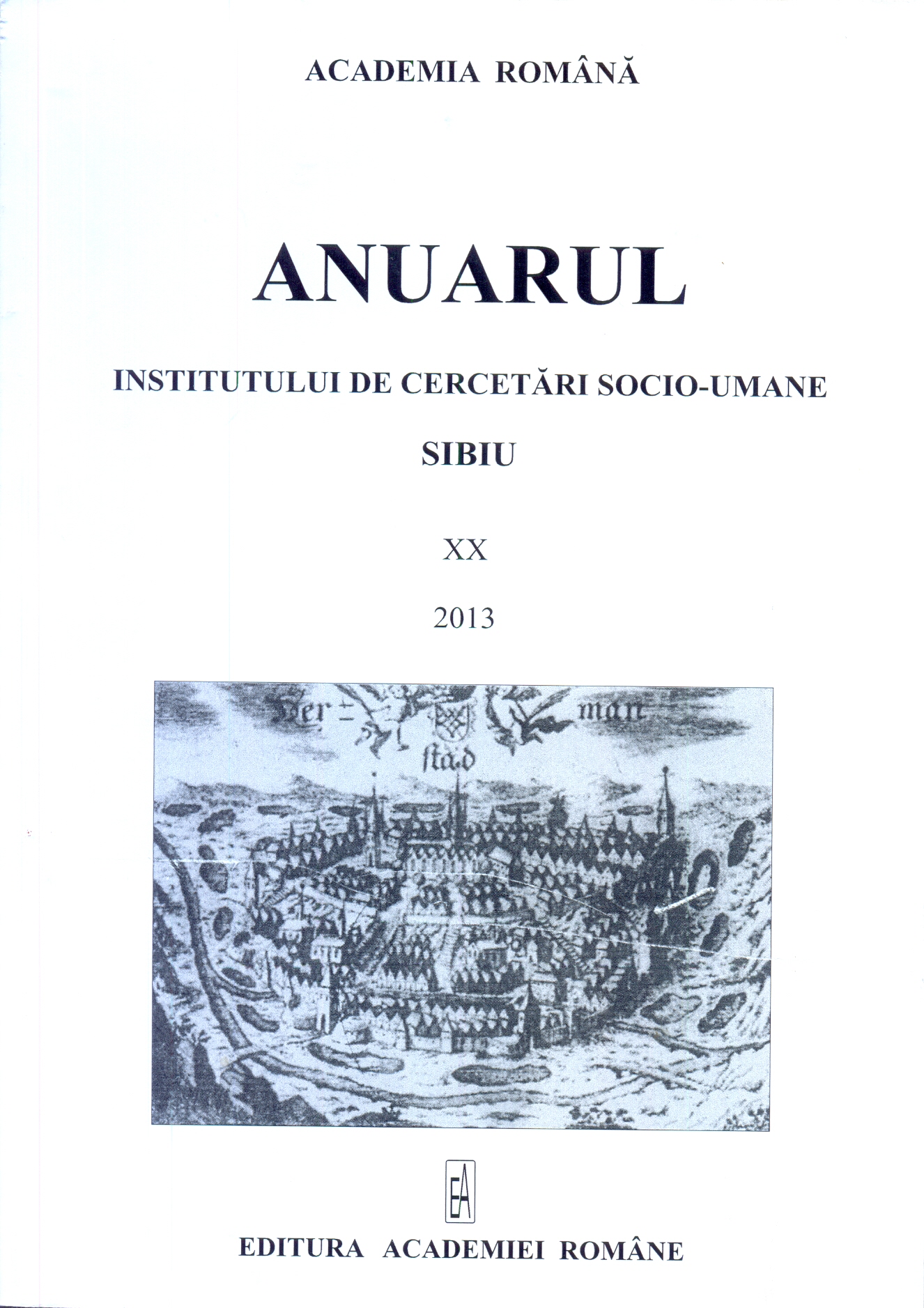
Since 2005 the Romanian language has a new guideline for correct writing – the Dictionary of orthography, orthography and morphology of the Romanian language edited by the Romanian Academy. Even so they are a lot of problems in the correct writing of Roma-nian language, despite of the „phonetic” writing system of Romanian. The paper explains the important rules concerning the correct writing (phonetic principle, traditional principle, morphological principle, symbolic principle etc.), the short history of the standard language and some important aspects of the contemporary Romanian language. Some problems in the writing Romanian are focused on the possibility given by the dictionary to accept two correct forms of the same word or morphological category. It is difficult for a normal personal without higher education level or without linguistic knowledge to accept that plural of căpşună (strawberry) is căpşuni and căpşune, as well. Or to understand why philosopher in Romanian contemporary language can be written with s (filosof) or z (filozofie). An other discussion is about orthographical aspects in the printed press.
More...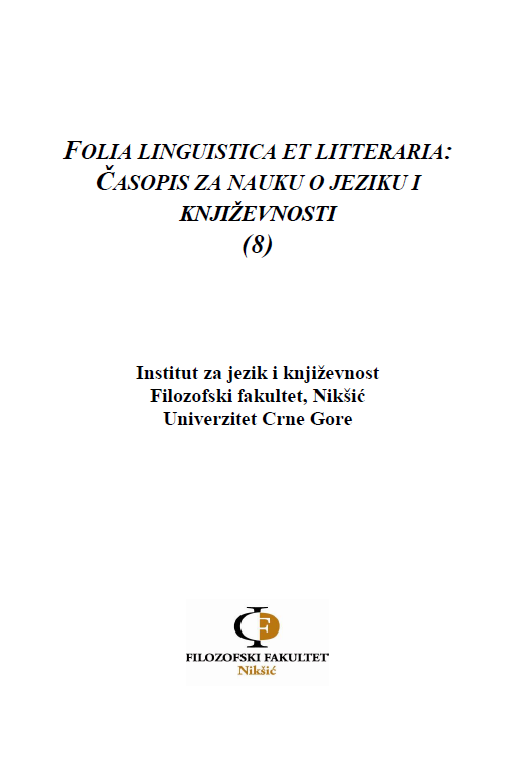
Based on voluminous and heterogeneous linguistic material, this paper analyzes the combinations of the preposition do (to) with prepositional constructions: it is most frequent with prepositional genitive and prepositional accusative, and quite rare with the locative. The mentioned prepositional cases combined with the preposition do (to) have spatial, temporal or potentially quantifying meaning. The very preposition do (to) joins its adlative meaning with these cases.
More...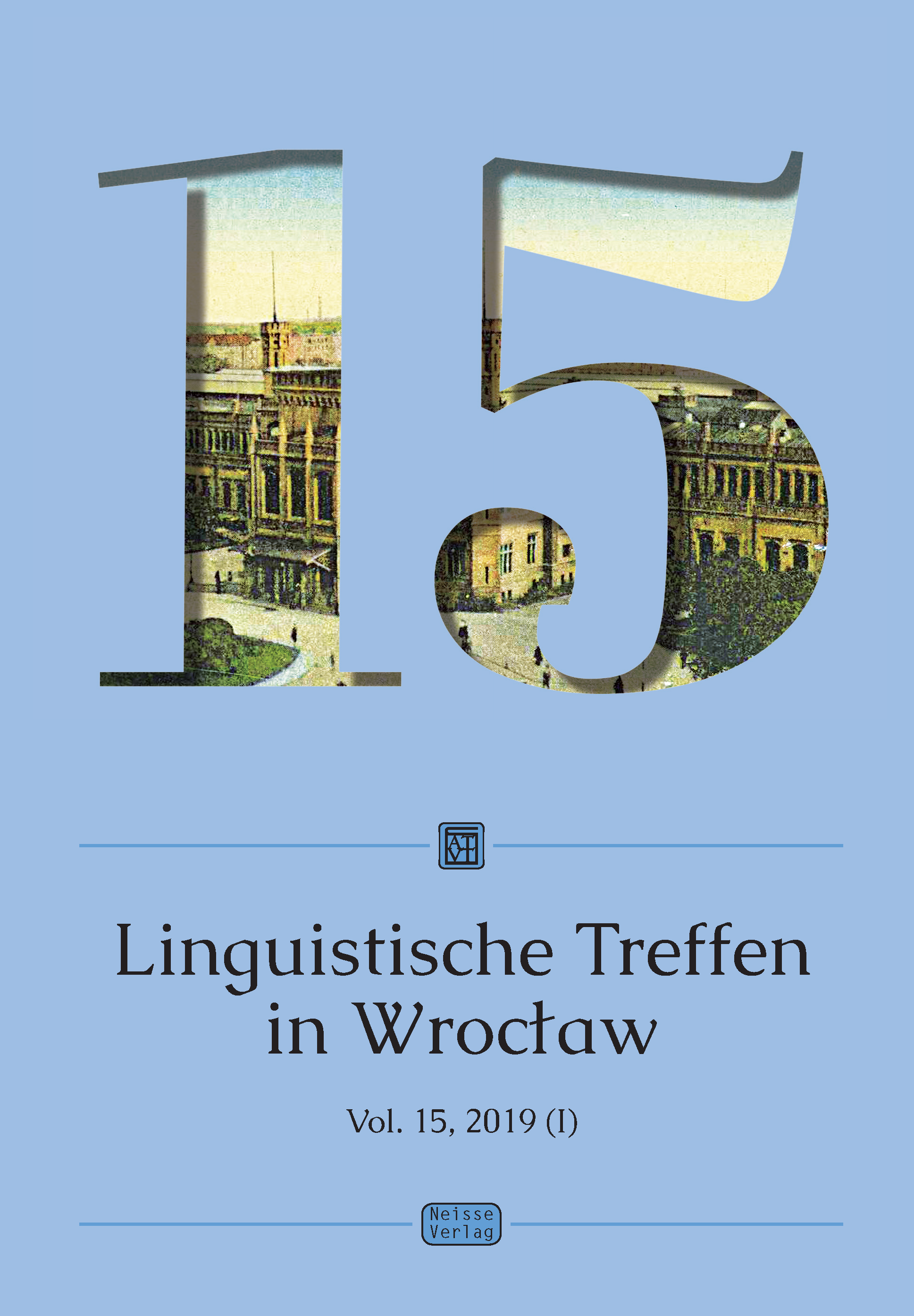
Language is a tool which – apart from its informative function – also conveys emotions and values. Political discourse abounds in axiological declarations. In almost any message, politicians announce what values they hold, evaluate their opponents and the socio-economic situation, make judgements, present a certain hierarchy of values and try to convince their listeners to accept it. In the paper, the author analyses the statements of several politicians from the Law and Justice party. The statements contained clear and distinct messages due to the use of drastic vocabulary, which was to guarantee their resonance among the general public. The analysis of the politicians’ statements and of the linguistic means employed by them allows us to find out what the current political culture is and to discover the ruling party’s reasons for action, its argumentation methods as well as what traits of opposition politicians are reviled by it.
More...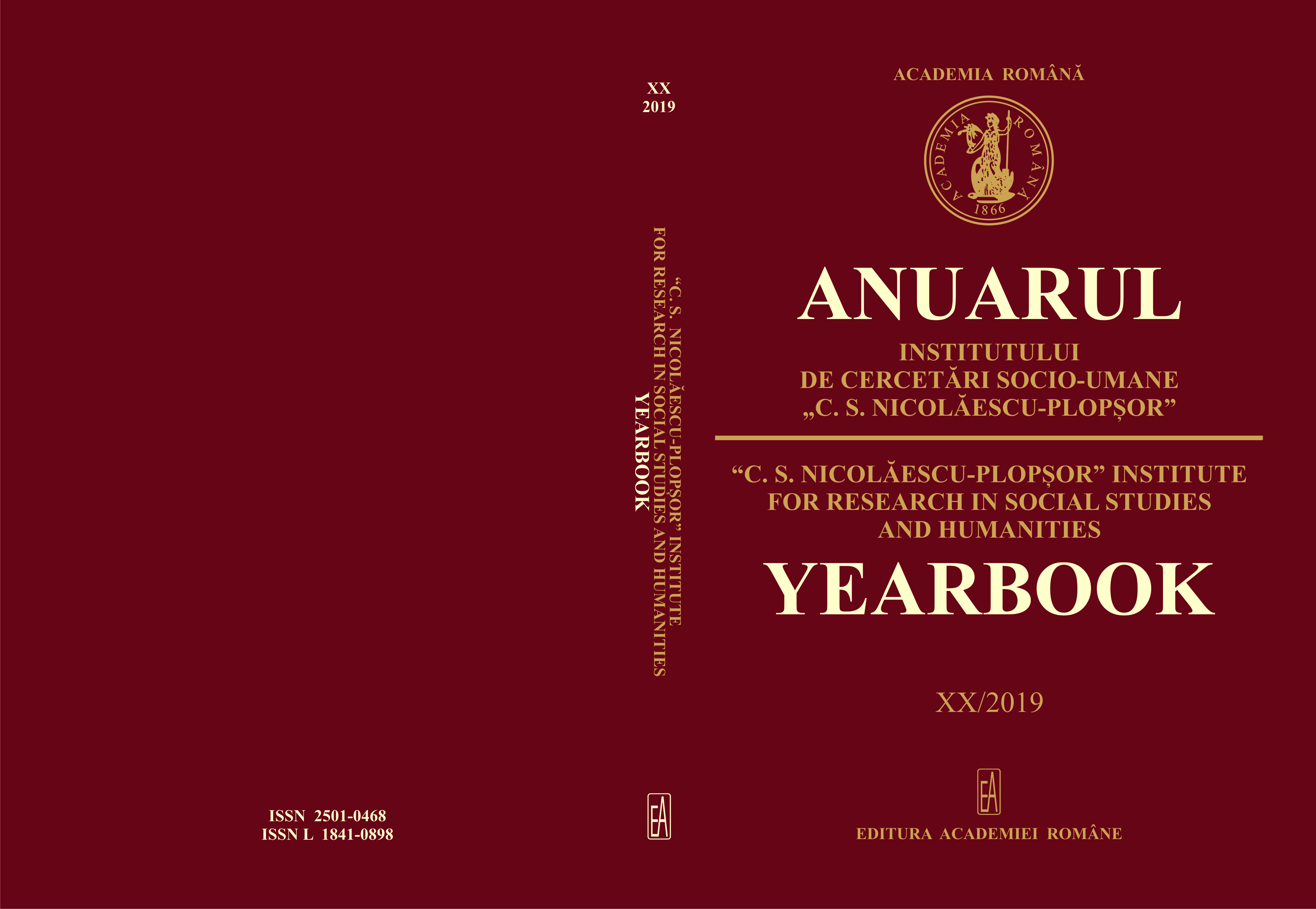
In the present article, there are analysed places that have in their componence the appellative vie (vineyard), recorded in the actual toponymy from Oltenia, with a special focus on the structures formed with prepositions; the denominations are to be presented both from the perspective of the connectors (their typology and frequency), and the other “participants” to the forming of the toponymical construction.
More...
In the article the author approaches the problem of plant naming from the polyconfrontative perspective, concentrating on the binomial nomenclature. Special attention is paid to the specific epithet of the selected garden plant names in Dutch, Polish, English and Czech. The names of the phytonyms in native languages are analysed from the point of view of onomastics phenomena in comparison to their botanical names in Latin.
More...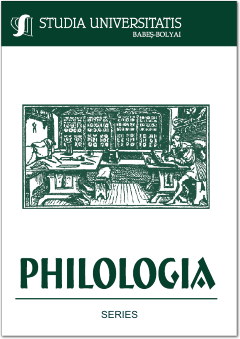
To People an Isle: The Tempest and Colonialism. Contemporary critical directions often construe The Tempest in the post-colonial paradigm. The relationship between the slave Caliban and Prospero, his master, monopolizes many analyses of the play. The present author attempts to identify several foibles of this frame of thinking, reconsiders several tenets of New Historicism and Cultural Materialism, and finally offers alternative interpretations.
More...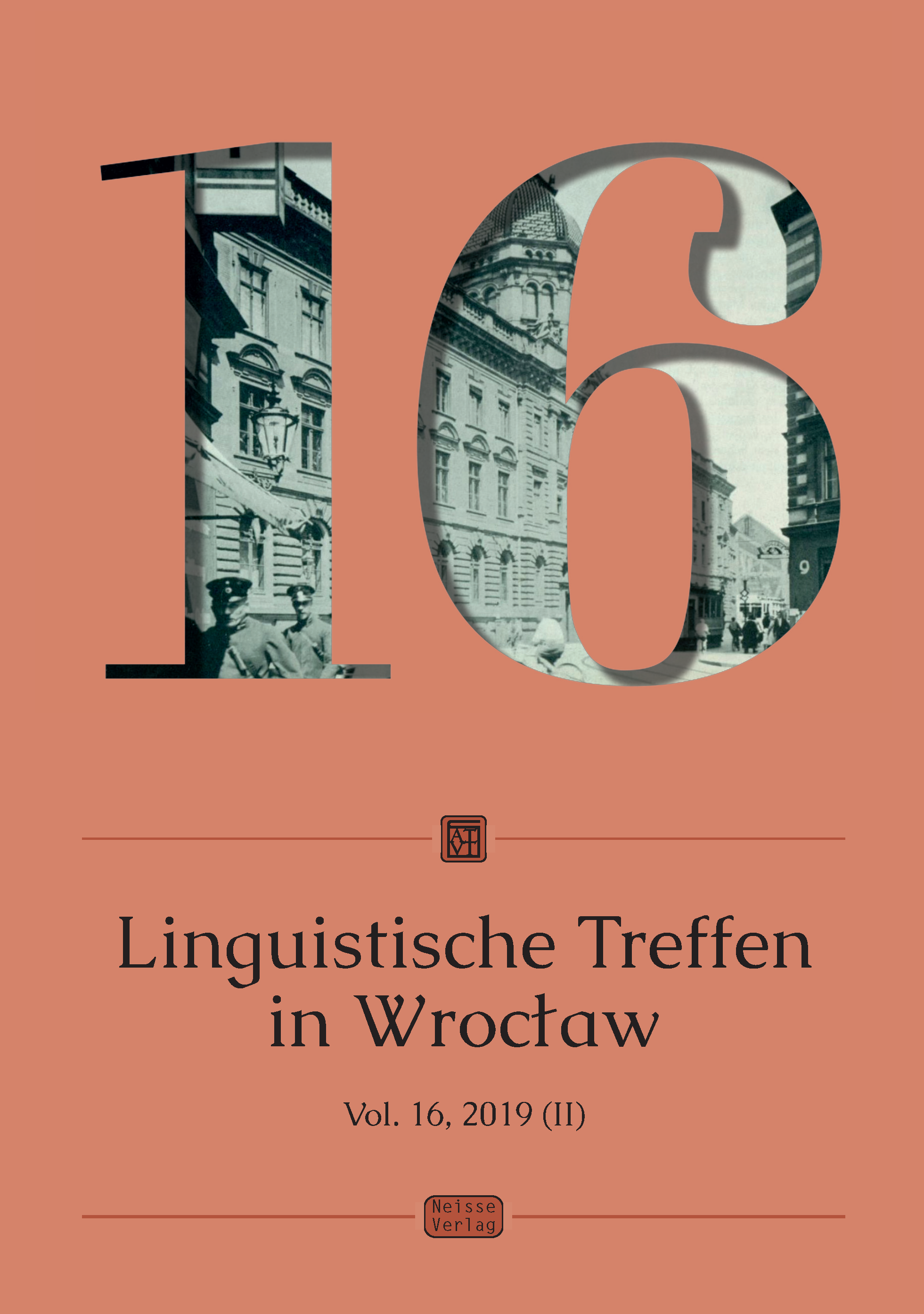
Swearing and cursing are immediate and obvious expressions of emotions. While this kind of communication almost certainly exists in almost all cultures and languages, studies about it are generally limited to the individual language, or are often conducted from a popular science perspective. As far as the German language is concerned, the use of insulting and swear words is associated with the discourse of scatology, morphologized and lexicalized in word formation, phraseologisms, etc. Yet, for the Latin language such analyses are almost completely missing. My contribution aims at a typological comparison of Latin and German, especially in the period of their direct contact – the Middle Ages.
More...
The author analyses prepositional constructions along the lines of Goldberg’s cognitive construction grammar. The paper starts with a discussion of Goldberg’s definition of a construction and the main theoretical assumptions of her approach. The semantic analysis of a construction is based on its contextual meaning as related to the speech event and then subsequently related to its conceptual frame, that is, its predicate-argument structure. Such an analysis of prepositional constructions allows a much wider scope of a construction than has been so far considered. It also allows the analyst to identify an abundance of a series of phrasemes which have not been accounted for even when analysing a single particular preposition (the Polish preposition ‘w’: ‘in’) in dictionaries or the studies of prepositions.
More...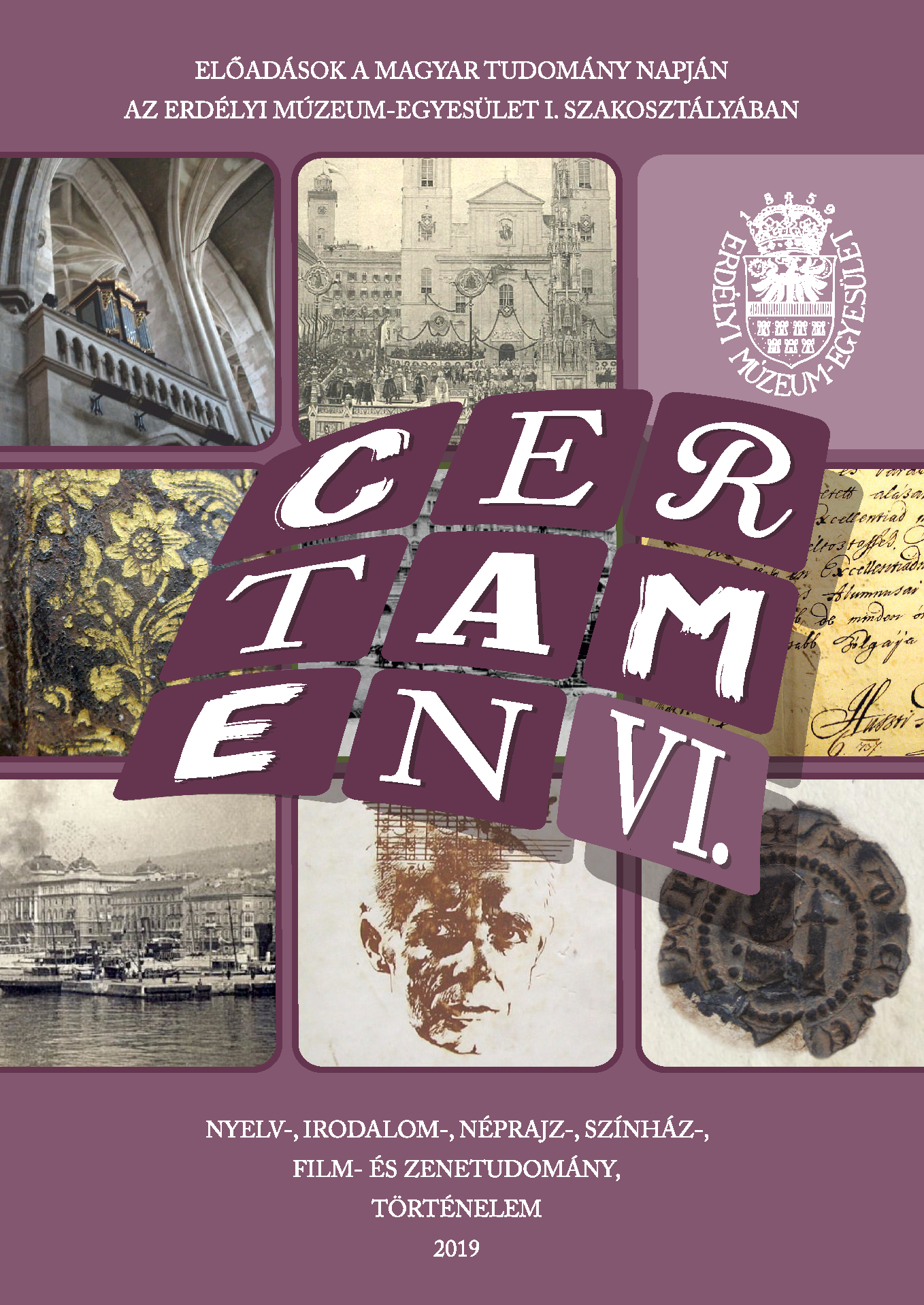
The study gives a short account of the situation of Hungarian electronic media in Romania. The main focus is on the presentation of the results of the media monitoring (from linguistic point of view) led by a joint group of researchers from the Sapientia University and the Babeș–Bolyai University. The starting point of the research was the acknowledgment of the fact that the language use of the Hungarian electronic media from Romania differs from that of Hungary, as – despite the fact that theoretically there is only one language norm to be followed – the Hungarian language in Romania is spoken in bilingual or rather multilingual context, thus the foreign influences naturally appear.
More...
In the article, suggested peculiarities of the stress of Ukrainian adjectonyms are investigated, also from the multilateral point of view. The proposed article explores the morphonological functions of stress in adjectival word-formation. It is emphasized that with all its specificity the system of the accent of Ukrainian adjectonyms is subject to the main accentuation laws of Ukrainian language. It has been established that stress is the most important means by which a word is formed. Morphological accent origins consists in morphological derivativeness which is displayed in that derivative either preserves the base of producing word and him accentuation, or transforms them for some standard rules.
More...
The article is dedicated to studying the assimilative processes in the Bernese German phonetics. It points out the dynamic character of the modern Bernese German sound system and shows that the realization of the Bernese German vowels and consonants is influenced by both, the other Swiss German dialects especially the Zurich German on the one hand and the Standard German language on the other. The Ber¬nese German vowel and consonant system develops in accordance with the universal principles such as saving of pronunciation efforts and acceleration of the speech tempo. Thus, it is subject to modifications like sound weakening, co-articulation or redistribution of syllables. At the same time, there still remain specific characteristics of the Bernese sounds realization that are connected to pronunciation habits of Bernese dialect speakers. These include the complete muting of semi-voiced consonants, the use of tran¬sient sounds in the intervocalic position at the syllable and word boundaries as well as the high functional strain of the vocalic allophone of the phoneme. /l/.
More...
The paper explores the origin of a foreign accent in non-native speech. Deviations from the pronun¬ciation norm in the articulation of English vowels and consonants by Ukrainian learners of English form a dynamic system of specific features correlating with the degree of foreign language competence. Phonetic interference of native language production and perception habits into the foreign language performance has its psychological and linguistic reasons. Divergence of phonological and phonetic features of native and foreign languages, automated articulations transferred into the foreign speech shape the specific character of the foreign accent. The contrastive analysis of the articulatory bases of English and Ukrainian as well as the analysis of actual phonetic deviations enabled to single out salient features of Ukrainian English accent.
More...
The aim of this paper is to analyse and to compare the vowel extension in the academic spoken texts in German and Italian. It contains corpus-based analysis of lectures, which were published on web page gewiss.uni-leipzig.de. In this study the function of vowel extension is established. Furthermore, the author of this article has attempted to answer the question, if vowel extensions are accompanied by focus accents.
More...
The paper presents the results of analysis of free phonemic variation in word phonemic structures in RP as its striking feature. Alternative pronunciation variants of words are created by vowels, consonants, and a combination of both when in free variation in a segmental composition of words. Free phonemic variation is conditioned by the position / phonetic environment of the alternating phoneme(s) in a word. The positional specification of free phonemic variation and the operation of a number of other factors substantiate the inner systemic character of free phoneme variation in the composition of English words in PR. EFL learners should be aware of existing alternative variants of words and their liability for change in the course of time.
More...